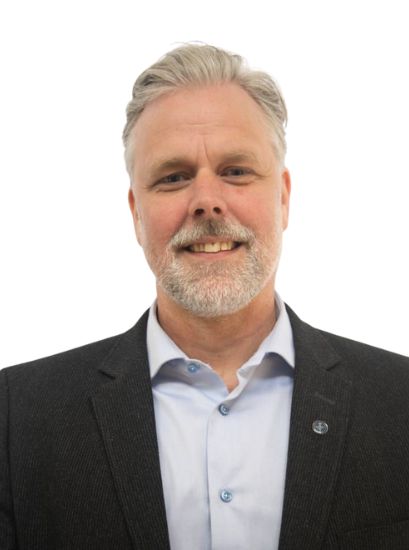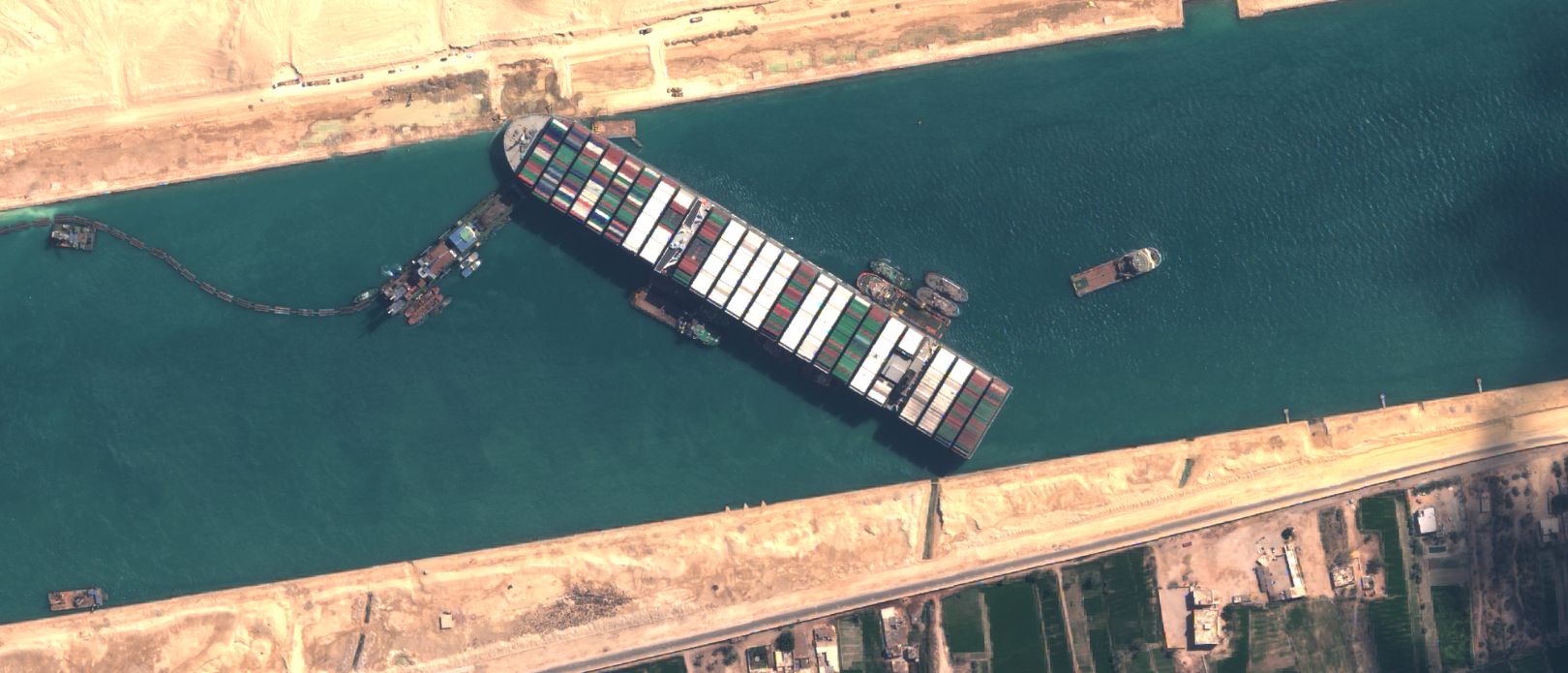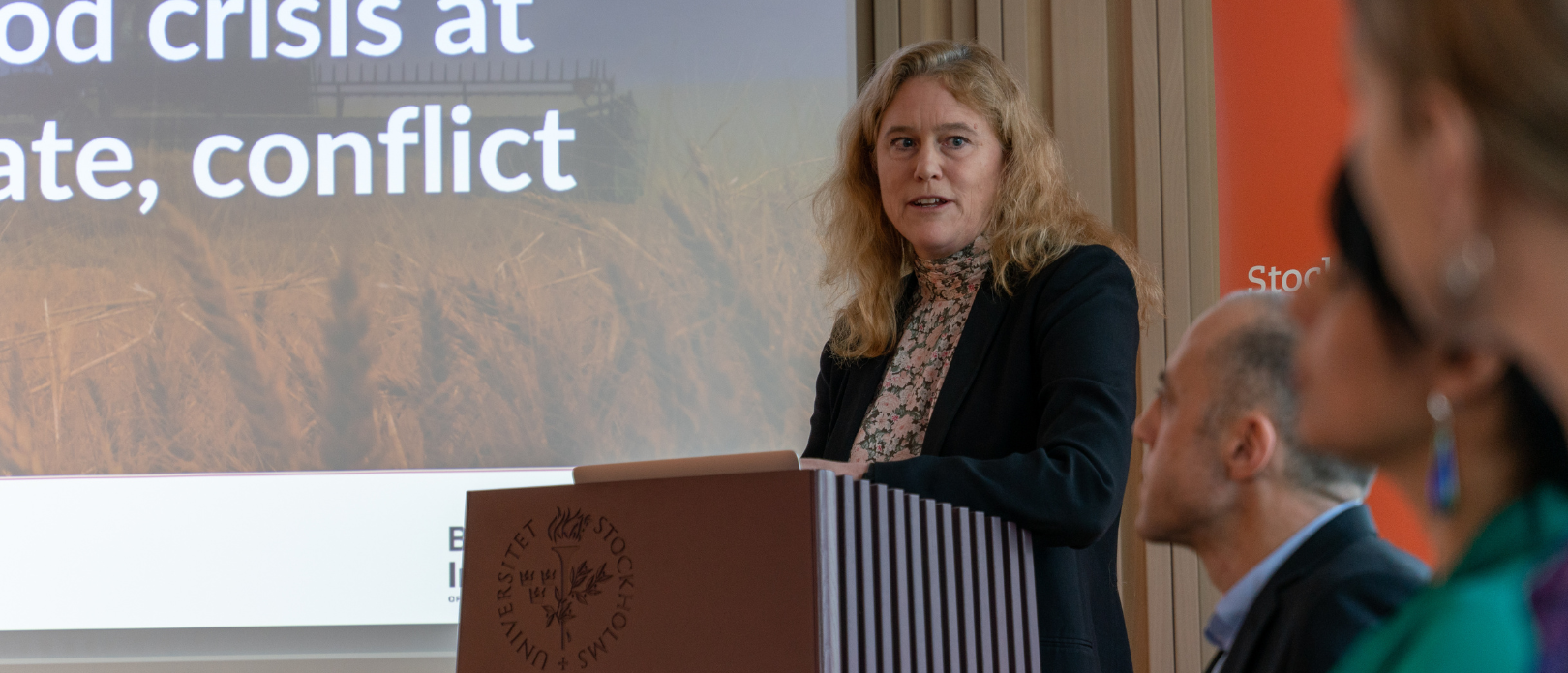Magnus
Nyström
PhD
Science director, Professor
+46 8 674 70 77
Twitter-link
RSS-link
- Coral reefs
- Resilience
- Regime shifts
- Production ecosystems
- Social-ecological
- Global
- Cross-scale dynamics
Magnus Nyström’ research explores resilience and cross-scale dynamics in marine ecosystems and coupled social-ecological systems at local and global scales
The scientific work of Nyström is captured by four broad research streams:
- Research that explores the resilience and non-linear dynamics (i.e. thresholds, alternative states) in ecosystems
- Research that identifies and explores the role of feedback mechanisms that trigger and/or reinforce particular ecological states and social-ecological trajectories
- Research with the aim to operationalize resilience
- With human social processes increasingly connecting people and life-support systems in ever more distant geographic locations, the fourth research strain has as an objective to disentangle cross-scale driver interactions in marine social-ecological systems, and among production ecosystems across sectors. This includes exploring how global biophysical (e.g. climate change) and socioeconomic (e.g. trade, financialization, human migration, technology, communication) interconnectivities emerge, interact, and shape the humans-biosphere relationship – and how this builds or erodes resilience at a global scale. In this work he collaborates with colleagues from disciplines including ecology, economics, sociology and development studies.
Nyström has published his work in several highly ranked scientific journals, such as Nature, Science, Trends in Ecology and Evolution, Frontiers in Ecology and the Environment, Ecology Letters, Philosophical Transactions of the Royal Society B, among others.
He has lead several research projects; “Matching ecosystem dynamics and coral reef management by reserve networks” (Sida 2002-2005, PI), “The role of ecological resilience and governance for marine resources management” (Sida 2006-2008, PI), “Functional connectivity across scales in a shallow-water seascape of East Africa: implications for resource management” (Sida 2009-2011, co-PI), "The role of middlemen in small-scale fisheries" (Sida 2013-2016, co-PI), “A global analysis of coral reef regimes: patterns, drivers and functional indicators” (Formas 2015-2017, co-PI).
He has extensive teaching merits and has designed and executed numerous courses at Masters and PhD levels at Stockholm University. He is currently director of PhD studies at the SRC. He has supervised 8 PhD students (4 as main, 4 as co-supervisor) and 25 master students (as main supervisor). Nyström is also a leader for the SRC research stream “Patterns of the Anthropocene.”
He has background training in systems ecology, and marine and coral reef ecology, and holds a PhD in Marine Ecotoxicology from Stockholm University – “Coral reefs in a human-dominated environment – implications of altered disturbance regimes and reduced resilience” (2001).
Nyström also has an extensive collaborative research network, including, for example: Lancaster University (UK), ARC Centre of Excellence for Coral Reef Studies, James Cook University (Australia), National Center for Ecological Analysis and Synthesis (NCEAS, USA), Scripps Institute (USA), Stanford University (USA), National Oceanic and Atmospheric Administration (NOAA) and University of Hawaii (USA), John Wesley Powell Center for Analysis and Synthesis (USA), The Great Barrier Reef Marine Park Authority (GBRMPA), Australian Institute of Marine Science (AIMS), CSIRO Ecosystem Sciences (Australia), United Nations Environment Programme (UNEP), International Union for the Conservation of Nature (IUCN) The Nature Conservancy, Hawaiian Islands Humpback Whale National Marine Sanctuary, Hawaii (USA), The Great Barrier Reef Marine Park Authority (GBRMPA), Australian Institute of Marine Science (AIMS), CSIRO Ecosystem Sciences (Australia), United Nations Environment Programme (UNEP).


.jpg)


